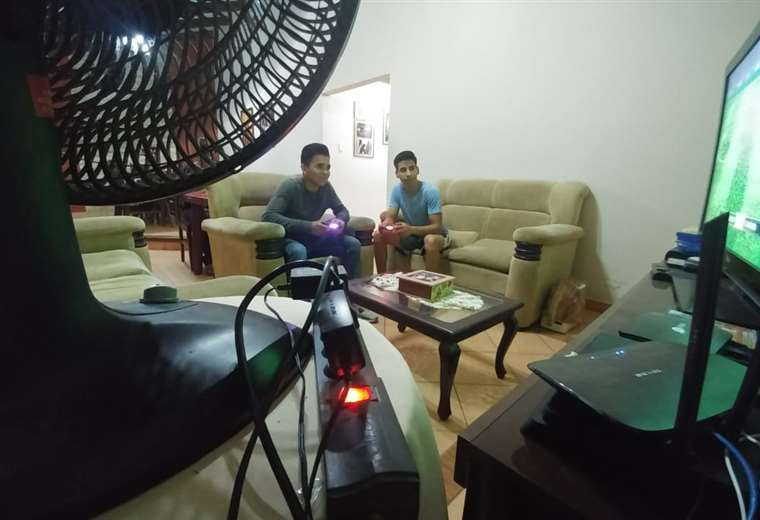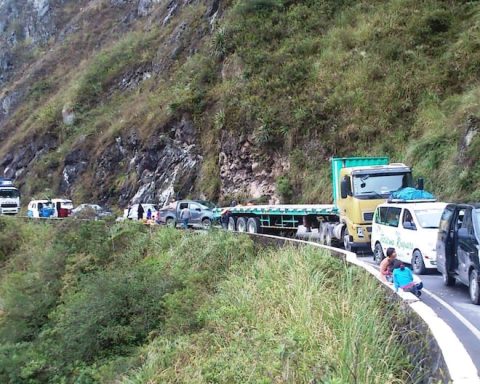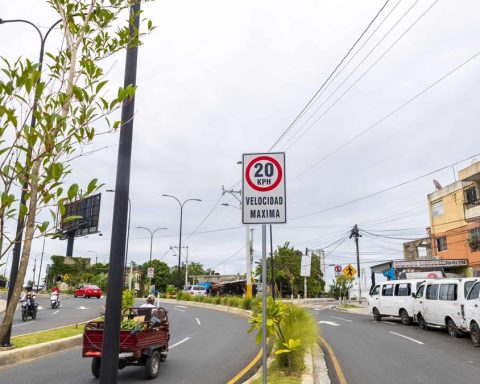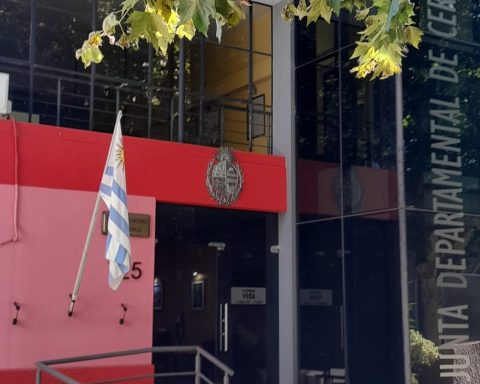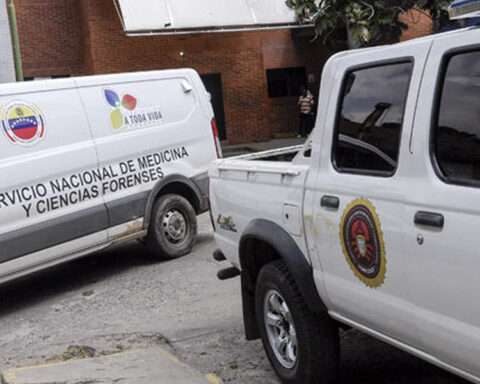In Argentina, one in two women experienced a situation of violence throughout her life, but only two out of ten reported it. The data is derived from the first Survey on the Prevalence of Violence against Women in Argentina recently presented by the Ministry of Women, Gender and Diversity of the Nation and the Spotlight Initiative, an alliance between the United Nations and the European Union to end violence against women and girls.
The most frequent types of violence detected were psychological (42%), economic and patrimonial (23%), physical (23%) and sexual (18%). A total of 12,152 women between the ages of 18 and 65 from the provinces of Buenos Aires, Chaco, Chubut, Entre Ríos, Jujuy, Neuquén, Misiones, Salta, San Luis, Santa Fe, Santiago del Estero, and Tucumán were interviewed.
The study once again revealed that gender stereotypes and social norms that naturalize the subordination of women and legitimize violence; Structural inequalities that prevent breaking harmful ties or gaps in access to comprehensive care services are some of the factors that explain the persistence of violence against women, the most widespread human rights violation in the world.
Every November 25, the United Nations commemorates the International Day for the Elimination of Violence against Women and Girls. This date reminds us that in 1960 the Mirabal sisters were murdered in the Dominican Republic for their opposition to the Rafael Trujillo regime, and marks the beginning of the 16 days of activism, which culminate on December 10, International Human Rights Day, to put an end to violence against women and girls in all its diversity.
The bell “UNITE to end violence against women” focuses on the central role of activists, feminist organizations and women’s civil society to prevent, address and eradicate gender-based violence. A reality that continues to disproportionately affect thousands of women, girls and LGBTIQ+ groups.

How can we guarantee that women safely report the multiple forms of violence they suffer? Giving them all the necessary guarantees that they will not face more violence on that path. In this sense, access to justice must be guaranteed. The Public Ministries have a fundamental role in preventing acts of violence, ensuring adequate investigation with a gender perspective and without discriminatory biases against women, and the care and protection of the rights of victims and survivors.
Recently, the IV Plenary Meeting of the Specialized Gender Network (REG) of the Ibero-American Association of Public Prosecutors (AIAMP) was held in Buenos Aires, which brings together prosecutors from Ibero-America, with the support of the Spotlight Initiative, where it was decided to move forward in the elaboration of a Latin American protocol for the investigation and litigation of cases of sexual violence. Also highlighted was recent adoption of guidelines for action by Public Ministries in crimes of gender violence committed by organized or complex criminal groups
These are necessary steps so that women and girls in Argentina and the entire continent have access to justice and to prevent and eliminate violence, harassment, threats, intimidation and discrimination against human rights defenders and activists of the women’s rights in all their diversity.
This November 25, and every day, let’s say NO to violence against women and girls.
Cecilia Alemany, Deputy Regional Director of UN Women for the Americas and the Caribbean and representative in Argentina; Leah Tandeter, specialist in Policies for the Elimination of Violence against Women, Regional Office for the Americas and the Caribbean, and Carla Majdalani, coordinator of the Eradication of Gender-based Violence area, UN Women Argentina.












